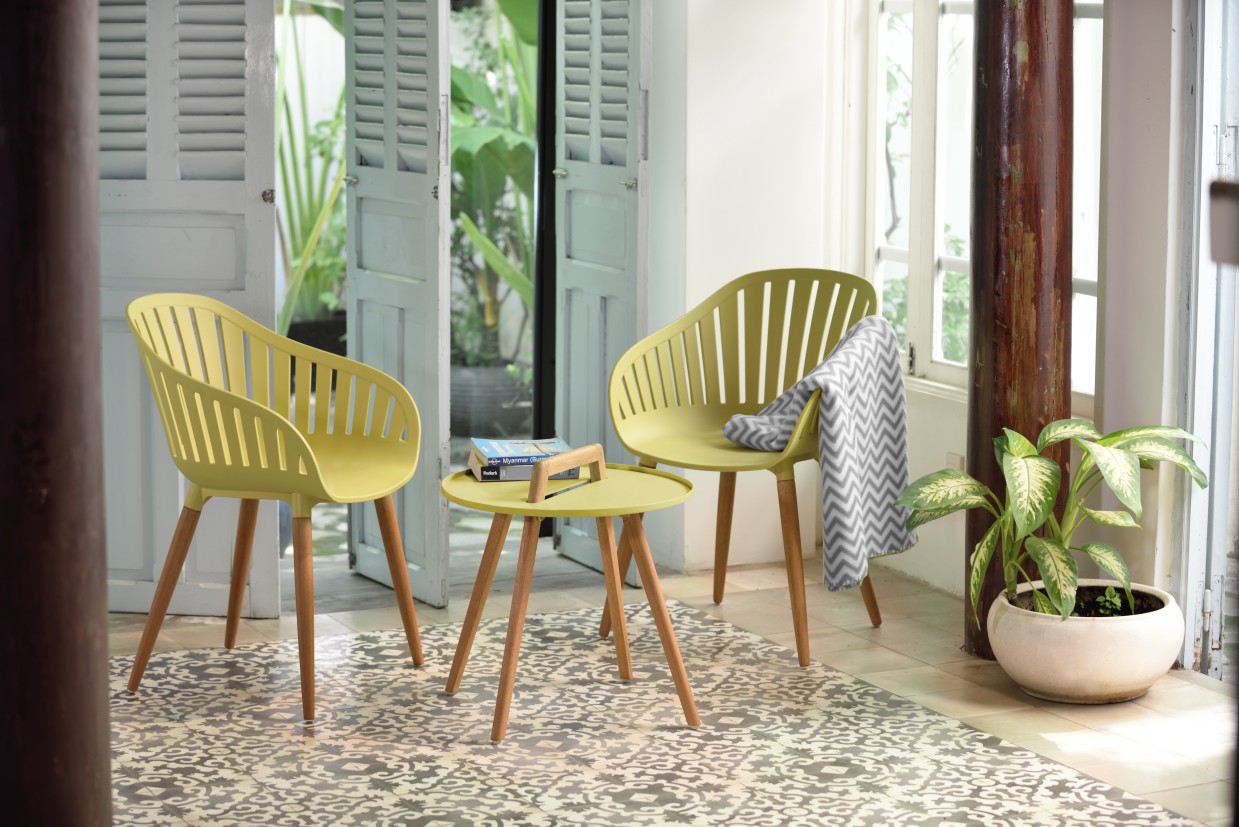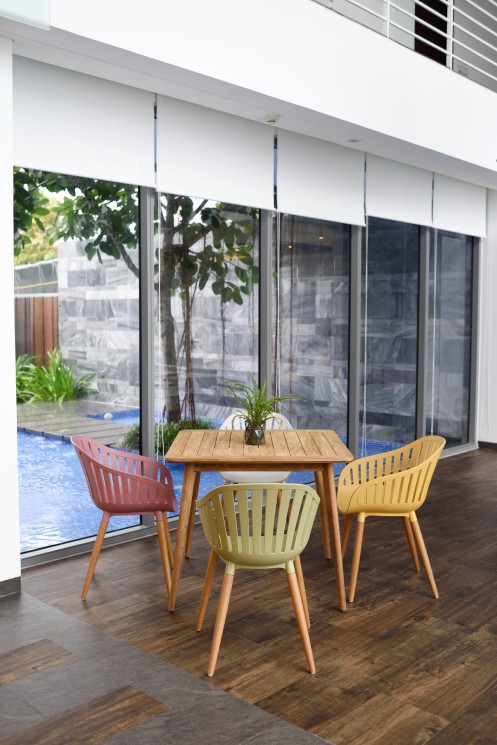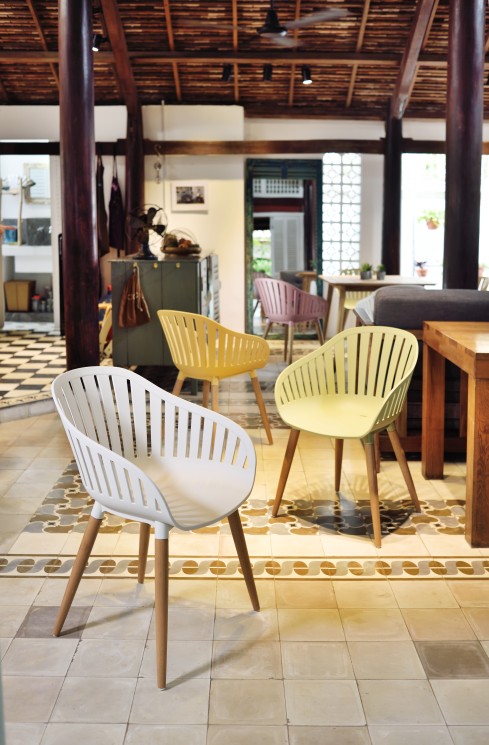Your basket is empty.
Look like you haven't added anything to your cart


All of LifestyleGarden®’s furniture is made with sustainability in mind and its collections utilise a number of recycled and recyclable materials, including DuraOcean® and Social Plastic®; both of which help clear the plastic waste from world’s waterways and are fully recyclable again at the end of the furniture’s life. Another of LifestyleGarden’s unique materials is Petan, a sythentic wicker made from recycled polyethylene, mixed with eco-friendly additives and free from harmful chemicals, so it is entirely recyclable, without any damage to the environment.
Look for events near you that you can join or even host your own event at home, work or school, encouraging others to break the plastic habit and consider plastic-free solutions. This could be a plastic-free morning tea (everybody loves cake after all!); you could work with a local café to set up a mug library; or even go big and host a pot-luck summer party, where each of your guests bring something tasty to eat in a non-plastic dish and you show just how easy it is to entertain without the use of disposable plastic.
Put pressure on the Government to regulate manufacturers and retailers in order to minimise packaging, and equally hold them accountable for the recycling of their products by implementing specialist schemes. Some big brands already do this – Mac Cosmetics offers a takeback scheme for its beauty products packaging; Canon has a recycling scheme for its toner cartridges and even covers the cost of shipping; and Brita’s initiative sees the plastic casing of its cartridges recycled to make household goods, while the ion exchange resin inside is cleaned and re-used – so there is no reason others shouldn’t take greater responsibility for the products they put out into the market.
For more information and inspiration, visit Getting started – Plastic Free July.
